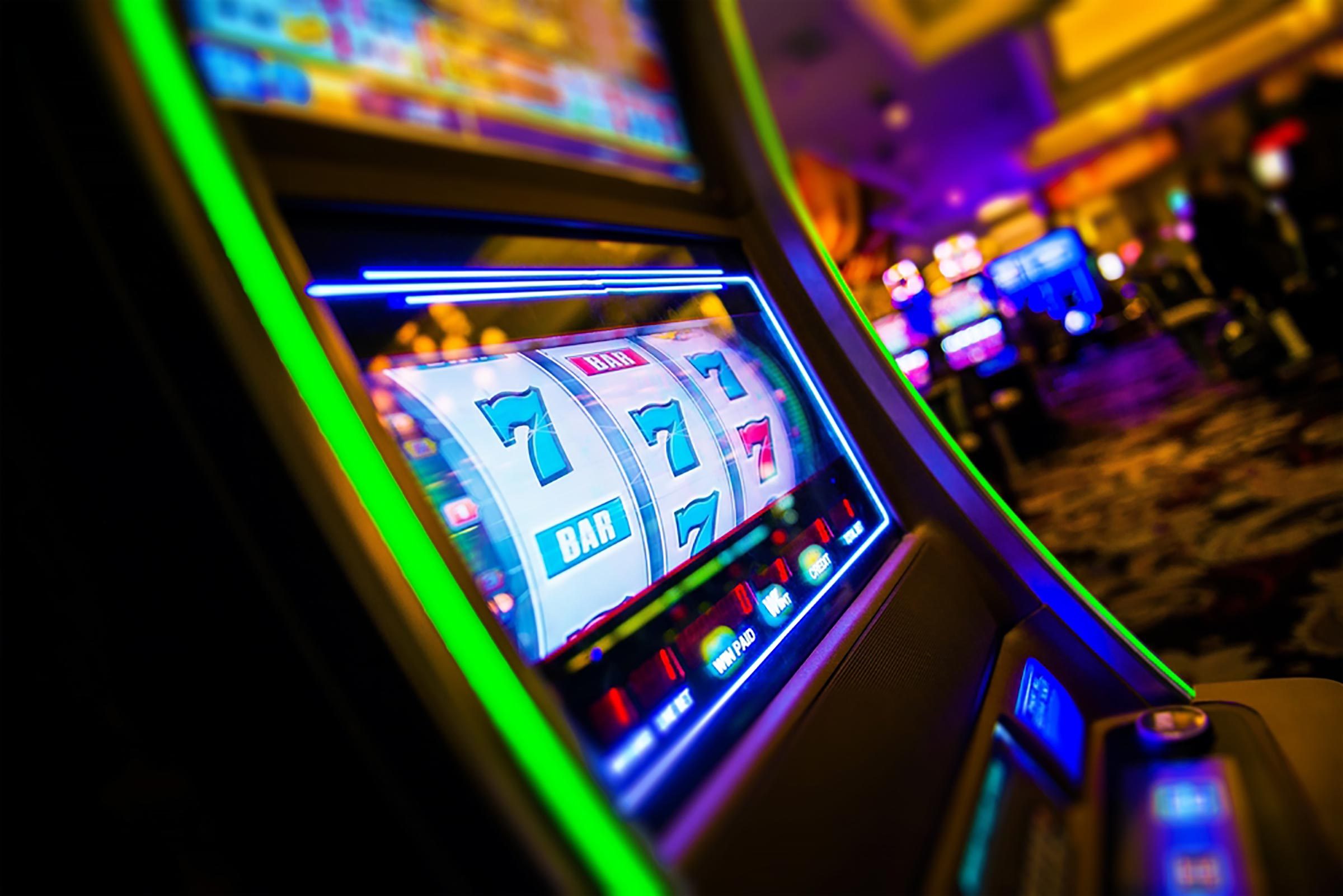
Gambling games have long captured the imagination of people around the world, becoming an important part of both leisure and culture. From the shimmering lights of Nevada to the captivating experience of online gaming, these games evoke excitement, danger, and sometimes even a sense of nostalgia. They are beyond simply entertainments; they have woven themselves into the fabric of society, influencing everything from movies and melodies to clothing and writing.
The appeal of casino games goes beyond the betting aspect, tapping into broader themes of serendipity, possibility, and human behavior. As players gather around a poker table or turn the roulette wheel, they engage in an timeless ritual that connects with our communal desire for thrill and instability. This fascination has led to the emergence of numerous references in films, music, and electronic games, showcasing how strongly entrenched these activities are in mainstream culture. Whether it is the pressure of a legendary heist movie or the vibrant nightlife portrayed in recordings, casino games have established a substantial place that reflects our connection with risk.
Cultural Impact of Gambling Games
Casino activities have played a key role in social contexts throughout history. Originating from old societies, games of chance were often connected to rituals or events. For instance, early forms of these activities can be traced back to historic Chinese and the Roman Empire, where die games and wagering on results were common pastimes. These activities not only functioned as leisure but also as means of connecting people, facilitating connections among people within societies.
As societies evolved, so did the complexity and structure of gambling games. The establishment of formal casinos in the 17th century, particularly in Italy, marked a notable shift in how games were viewed and structured. With specific spaces for gaming, the casino became a social hub where people from different backgrounds convened. This change contributed to the validation of gambling, transforming it from a mere pastime into an organized industry that shaped the economy and regulations.
The impact of casino activities on mainstream culture cannot be understated. As they were popularized in literature and film, games such as poker and 21 became symbols of chance, chance, and tactics. Iconic figures and narratives have emerged around these games, reflecting societal views towards luck, wealth, and immorality. This fascination with gambling activities has permeated various forms of media, cementing their status in the collective consciousness and linking them to broader cultural narratives throughout the ages.
Portrayal of Gambling Games in Media
Gambling games have long been a popular topic in various forms of media, reflecting both the excitement and intricacies of gambling culture. Movies such as Ocean’s Eleven and Casino Royal portray figures who navigate intense situations, showcasing not only the appeal of the gambling environment but also the methods and judgments that come with playing popular games like poker and blackjack. These films often dramatize the exhilaration of winning and the potential results of losing, encapsulating the risks involved in gambling.
TV programs have also explored the realm of gambling activities, often integrating them into the storyline as a context for story progression and drama. casinò online non AAMS Shows like Las Vegas depict the lives of casino workers and patrons, highlighting the vibrant, often disorderly energy of the gaming floor. Reality shows featuring intense gambling competitions further emphasize the fascination of casino games, drawing viewers into the drama and strategy involved in each session. Through these portrayals, media not only amuses but also stimulates conversations about fortune, skill, and the essence of chance.
Gaming have increasingly included gambling activities into their design, allowing players to recreate the experience of betting without monetary loss. Games within the domain of online gaming often include online slot machines, poker, and other casino favorites, creating an interactive experience that mirrors actual casino experiences. These digital representations make casino games accessible to a broad demographic, appealing to both gamblers and those who enjoy the thrill of simulation. As a outcome, the representation of casino games in entertainment continues to shape public perception and importance, highlighting their place in society and the cultural landscape.
Effect of Casino Games on Society
Gambling activities have a significant effect on communities, influencing various aspects of culture and social behavior. They often function as a platform for community engagement, where people gather to experience a shared experience. Game nights with friends or visits to casinos become social activities that foster connections and create shared moments. This collective aspect enhances the entertainment value of gambling activities, making them a popular choice for festivities and recreational pursuits.
Moreover, gambling activities have been depicted in numerous films, TV series, and literature, influencing views and attitudes towards gaming and gaming. Icons like James Bond competing in baccarat or the intense poker scenes in films have embedded these games in the shared imagination. This depiction often idealizes the culture associated with gambling, attracting new players and impacting trends in both fashion and conduct. These portrayals can spark curiosity and lead to a deeper exploration of the nuances of gambling.
However, there are also negative implications associated with the widespread appeal of gambling activities. The allure of quick monetary gain can lead to problem gambling and financial troubles for some individuals. Society must grapple with these consequences, advocating for responsible gaming and education of the dangers involved. Balancing the entertainment value of gambling activities with the potential for harm is vital to ensure that they continue to be a beneficial aspect of our cultural landscape.